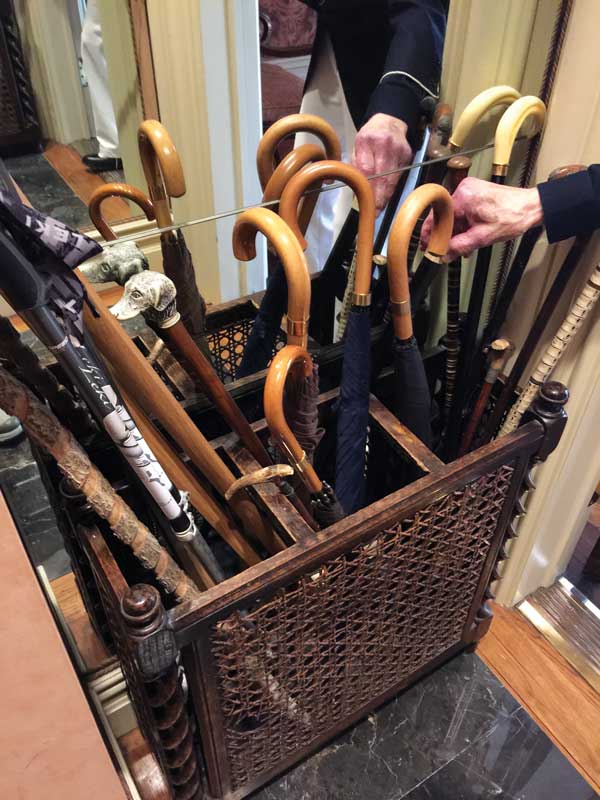Tom Wolfe
Steger/ You adapted yourself to the early years of stripped-down cars by writing about Junior Johnson. How did you first learn about Johnson?
Wolfe/ A good old boy from North Carolina came to work for Esquire magazine, and he was into this particular car culture, which I had never heard of, so I just headed down there. He had mentioned Junior Johnson to me because Johnson was an independent driver who had signed up with … oh, who was it? Chevrolet, I think.
Steger/ What was Johnson like?
Wolfe/ He turned out to be a really colorful figure. [Racing stripped-down cars] was strictly Southern for a long time. It was after the Second World War that a lot of people in the South got cars, and then they began to get really excited. The cars were, aside from the shell, unlike any street vehicle you have ever seen. Everything is just the engine.
Steger/ Jumping ahead decades to the present immigration issue, you said when you were first in Miami researching your 2012 book, Back to Blood, immigration was not just an issue but “red hot.” How do you think immigration went from being a hot button in Miami to one for the whole U.S. and all of Europe—leading to the rise of the radical right?
Wolfe/ Well, I think one the key influences in the United States is that we were known as the great haven of refugees. It was a large part of our history when you think of how the Irish were considered lowlifes when they came here, and now they’re great politicians and much more, but since the Second World War many more immigrants have been of a different ethnic background and different color from the prevailing Europeans. A lot of the heat that has been generated is due to that. We like to pretend that is no longer an issue, but it is an issue—a big issue all through southern border states.
Steger/ Do any specific experiences relating to immigrants stand out from your travels for Back to Blood?
Wolfe/ Yes. I was in amazed at how many workers in and around North Wilkesboro, North Carolina, were Mexicans because it was the kind of work—cutting Christmas trees on huge Christmas tree farms grown there—it’s very unpleasant work. You have to trim them constantly, every year for twelve years if you want a big tree. It’s unpleasant because there’s no machine that will do it for you. [The field] is too crowded so you just have to put up with it, brambles and everything else. As a result, it’s hard to get American-born workers of any description to work on those tree farms, but the Mexicans will do it just as a way to get in [to the U.S.] And now, of course, there’s Trump, who’s opposed to immigration.
Steger/ An interview in the Spectator quoted you as calling Trump “a loveable megalomaniac.” Do you still think that description fits?
Wolfe/ I think it does. The ‘lovable’ part [refers to] childlike. For example, most extremely rich men will play the wealth down. He plays it up: ‘I am truly worth ten billion’—even though half that is the estimate. Literally half is the value of his name. We’ll see what the value is three years from now, two years now. Trump is a fascinating figure that way. We have never had a president, as far as I can figure out, who has not held political office of a substantial sort earlier in his career, and Trump hadn’t. I read recently that some people say he was really reluctant to do this. He wasn’t reluctant for one second.












